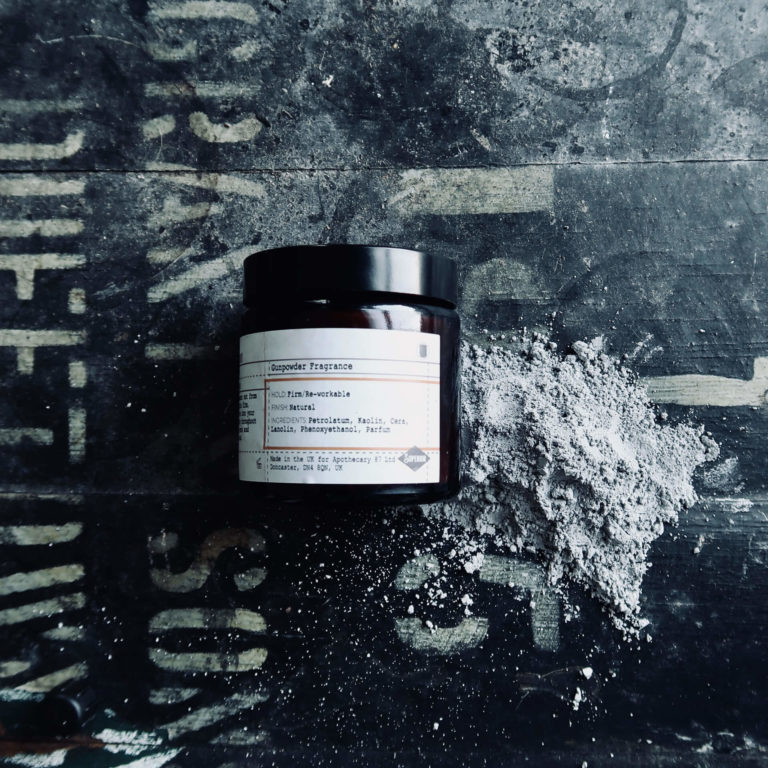Whether you’re a health enthusiast or just occasionally curious about the ingredients in various foods, chances are you noticed maltodextrin. It is commonly used as a thickener, preservative, or filler in many processed foods. Its structure makes it blend well with artificial sweeteners, helping them acquire better taste and texture. So what happens when you use something with maltodextrin while fasting? Does maltodextrin break a fast?
In most cases, the answer is yes, maltodextrin breaks a fast. It is an easily absorbed carbohydrate and one of its top side effects is precisely spiking blood sugar. However, some people may be ok if they consume very limited quantities, though if you want to be safe, you’ll leave anything containing maltodextrin for your eating window.
Let’s explore this topic more and see how and when you can use maltodextrin while intermittent fasting, what are its benefits and its side effects.
Does maltodextrin break a fast?
Like sugar, maltodextrin has 4 calories per gram. It also has a high glycemic index, which means it has a strong impact on your blood sugar. In other words, it will most likely break your fast.
Because you’ll rarely have maltodextrin on its own, the answer depends a lot on how and with what it is combined and what quantity you’re having. The foods it is added to will 100% break your fast, as they are processed foods containing plenty of carbohydrates. Artificial sweeteners may be a different story. Usually, these sweeteners have almost no calories and are supposedly OK even for people with diabetes.
In other words, if you see your sweetener of choice has maltodextrin, you’ll need to do some research regarding the effects it has on blood sugar and how much quantity you should have. If it is listed as OK for diabetic patients, you may be safe. However, fasting isn’t just about blood sugar but also about the number of calories you eat. During your fast, you want to keep your calories as close to zero as possible. Due to its high caloric content, maltodextrin might make that hard.
Does maltodextrin in coffee or tea break a fast?
The short answer is: it could. Maltodextrin is often added to both sweeteners and coffee creamers. Most creamers will break your fast, so stay away from them until your eating window.
Artificial sweeteners could be ok, as long as they are manufactured for people with diabetes or other blood sugar management issues. They should also have as little calories as possible. Remember, during your fast, you need to stay under 1 calorie.
If maltodextrin is added to flavored coffee, it should be allowed.
Effects of maltodextrin
Benefits
If you do a quick search on maltodextrin, you’ll see a lot about its side effects. None of them are false, it is an ingredient that comes with several risks. But that doesn’t mean maltodextrin has no benefits when used in the right quantities. Also, keep in mind that what some people call ‘side effects’, others may perceive as ‘benefits’.
For instance, its ability to quickly raise blood sugar levels is great both for athletes who need a quick pick-me-up after a long workout session. That’s why maltodextrin is a common ingredient in sports drinks, for instance.
Maltodextrin is also prescribed to people who suffer from almost constant hypoglycemia as a regular treatment to help them maintain normal blood sugar levels.
Foods that contain maltodextrin are also often recommended to those who need to gain weight such as bodybuilders or those who suffered from a disease and need to gain some weight back.
In other words, if you’re on an intermittent fasting diet to lose weight or lower blood sugar levels, maltodextrin has no benefits for you, at least not during your fast.
On the other hand, a sports drink containing maltodextrin might be helpful at the end of a strenuous workout that you did at the end of your fasting window. At this point, you might have low blood sugar, feel tired, and hungry. Eating a large meal isn’t always the best thing after a long fast and, truth be told, you may need something that acts faster than that.
Side effects
If some athletes and bodybuilders, as well as those suffering from almost constant hypoglycemia, will be happy that maltodextrin raises blood sugar and insulin and helps you gain weight, most people will consider this a side effect.
Maltodextrin has no real nutritional value. In other words, it is nothing but empty calories, just like sugar. That’s why it is dangerous for anyone suffering from diabetes, insulin resistance, and should be avoided if you want to have stable blood sugar levels.
Another considerable side effect is that it can change the composition of your gut bacteria, suppressing beneficial probiotics. A 2014 study shows that maltodextrin and other polysaccharides are linked to bacteria-associated intestinal disorders.
Another study revealed maltodextrin promotes Salmonella survival, as well as E-coli especially in those suffering from Chron’s disease.
A 2013 study showed that, in higher doses, maltodextrin may cause allergic reactions such as skin irritations (like acne) and digestive issues including nausea, diarrhea, cramping.
You should also keep in mind that maltodextrin is made from genetically modified corn. While the research on GMOs is still ongoing, and the current results are rather conflicting, several studies are linking increased consumption of such foods to diseases like Alzheimer’s, kidney damage, cancer, and more.
Due to how it is used, it is hard to ingest large quantities of maltodextrin. But prolonged use, even in small quantities, may still lead to side effects, so moderation is recommended.
The bottom line
Does maltodextrin break a fast? Sadly, in most instances, it does. In fact, it is the perfect remedy for anyone suffering from hypoglycemia, because it raises blood sugar very quickly. While you may not be able to use it during your fast, you can use it to break your fast through a sports drink for instance. People who need to gain weight may also benefit from using maltodextrin.
However, if you’re trying to lose weight, try and choose foods that have little to no maltodextrin. Also, don’t forget it can cause various allergic reactions and digestive issues and it can alter the composition of the gut bacteria, leading to more health issues. In other words, if you must have it, use it in small quantities and try to look for alternatives as often as possible.

